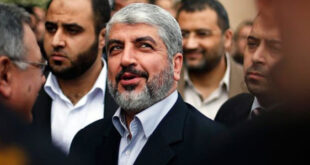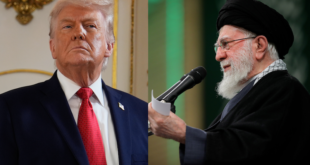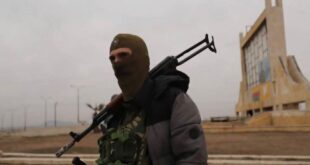Latest Developments
Russian President Vladimir Putin is expected to visit Turkey on February 12 — the first trip by a Russian leader to a NATO country since Russia invaded Ukraine in 2022. Putin and his Turkish counterpart, Recep Tayyip Erdogan, will likely discuss matters related to energy cooperation, the Ukraine war, and the security situation in Syria. Putin’s visit comes shortly after Turkey approved Sweden’s accession to NATO — a move that upset Moscow — after an almost two-year delay. The visit likely aims to bolster ties between Russia and Turkey.
Expert Analysis
“Once again, Turkish President Recep Tayyip Erdogan is showing NATO how much of an outlier he is compared to the rest of the alliance, which is actually dedicated to countering Russia. Erdogan has purchased the S-400, blocked accession of Western allies to NATO, and even granted Russia a jurisdiction for illicit finance transfers. There needs to be a mechanism to eject NATO allies. At a minimum, it can be wielded to threaten Erdogan. In a worst-case scenario, Turkey might need to be removed.” — Jonathan Schanzer, FDD Senior Vice President for Research
“Putin’s visit to Turkey is an insult to the transatlantic alliance. In Erdogan, Putin has found a pliant partner who has been willing to do his bidding. Since 2015, Ankara has undermined Western security interests in every conceivable way: purchasing a surface-to-air missile system from Moscow that undermines NATO interoperability, providing a permissive environment for illicit Russian finance, and imperiling ongoing counter-ISIS operations in Syria.” — Sinan Ciddi, FDD Non-Resident Senior Fellow
Ankara and Moscow’s Deep Ties
Despite its NATO membership, Turkey, under Erdogan’s rule, has developed a robust relationship with Putin that undermines Western interests. Ankara continues to hold onto a Russian-made S-400 surface-to-air missile system, which it acquired from Moscow in July 2019 despite opposition from the United States. The purchase resulted in U.S. sanctions against Turkey as well as Ankara’s ejection from Washington’s F-35 program. Despite ongoing objections from Turkey’s NATO allies, Erdogan has made no attempt to divest the country of the missile system, which is widely perceived to be a threat to NATO security.
Ankara has played both sides since Russia’s invasion of Ukraine. It has claimed to live up to its obligations as a NATO country by selling combat drones to Ukraine and shutting down vital seaways to the Russian navy. At the same time, Ankara refuses to implement international sanctions on Moscow and continues to increase its energy dependence on Russia by permitting Russian energy authorities to build a nuclear power plant in Turkey. Ankara also actively undermines the international community’s counter-ISIS operations by targeting the Syrian Democratic Forces — a Kurdish-dominated militia allied with the United States — and threatening American forces operating in the area.
 Eurasia Press & News
Eurasia Press & News



